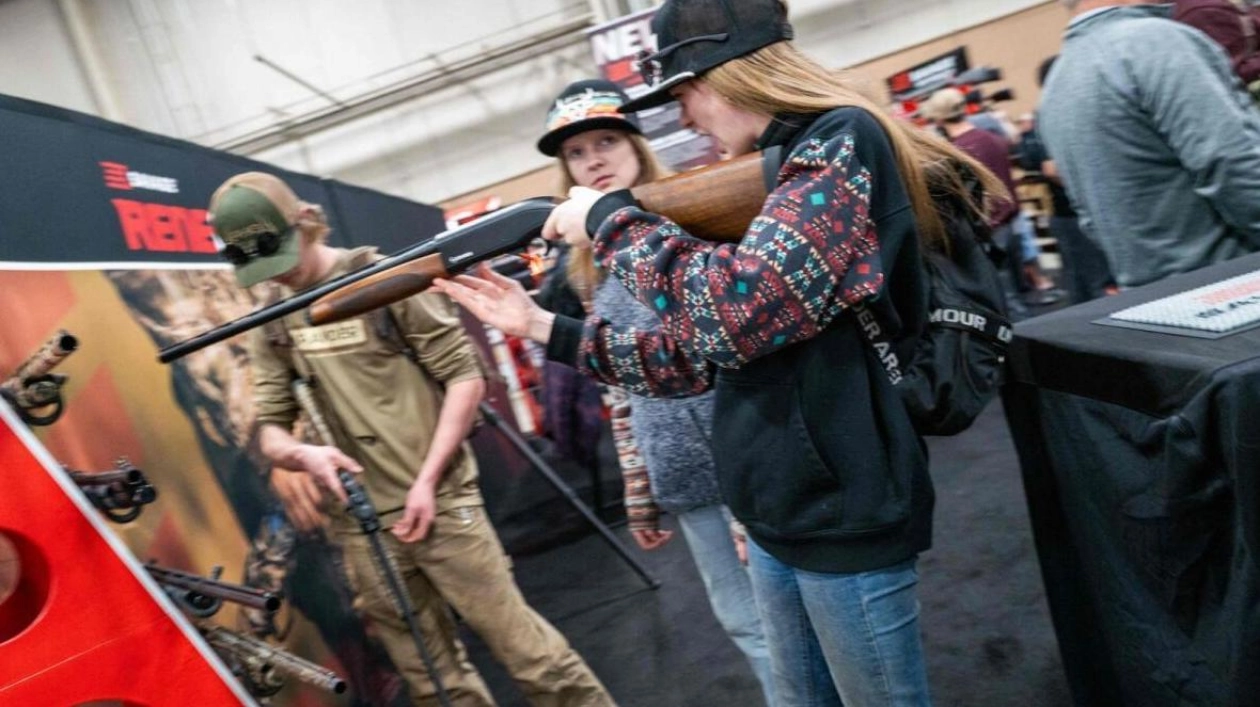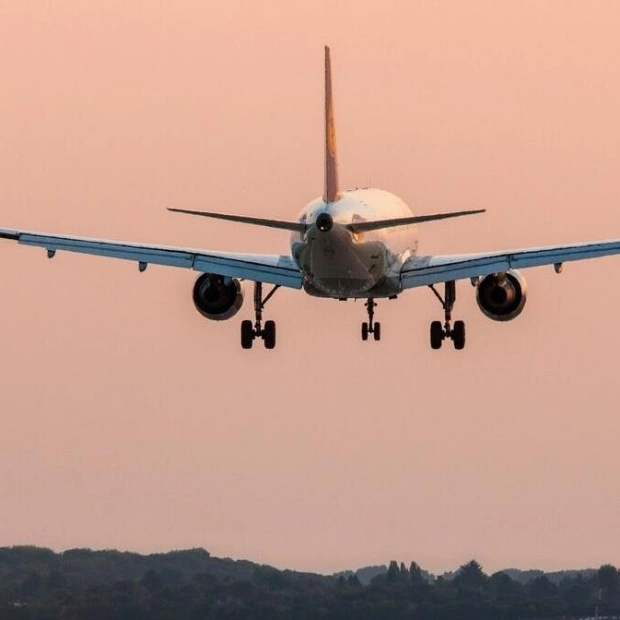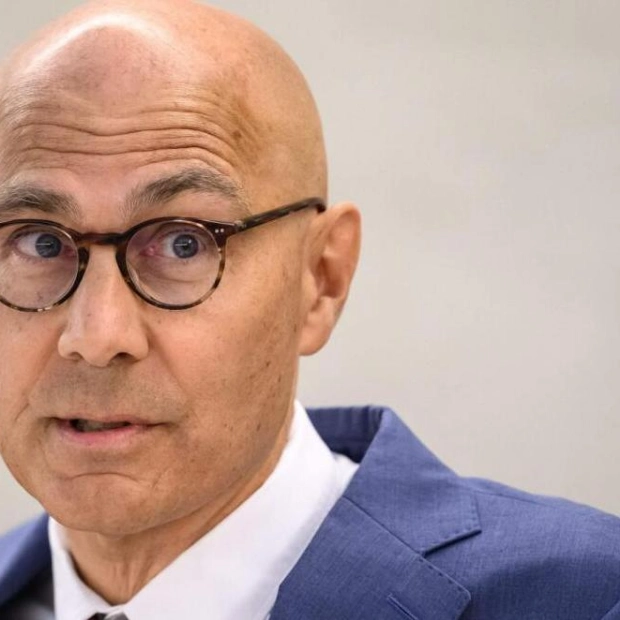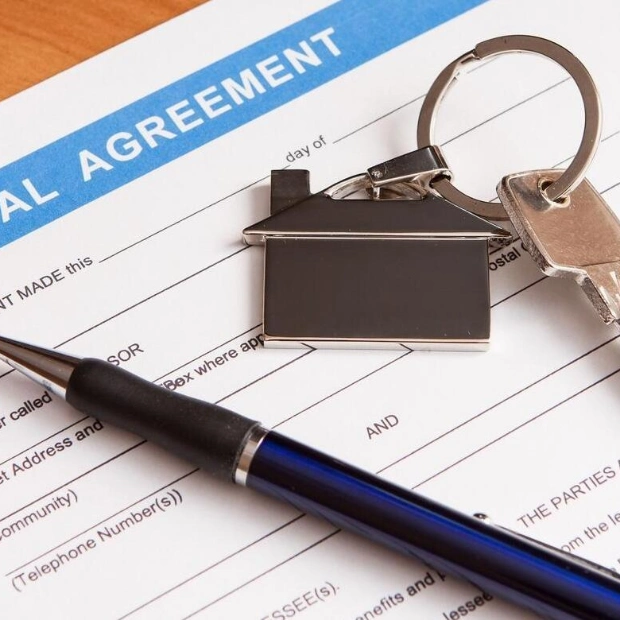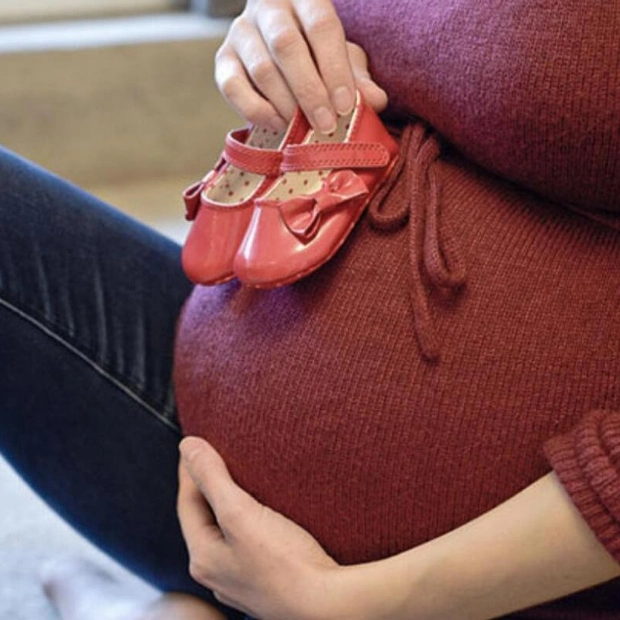From 1966 to 2019, the majority of individuals involved in mass shootings, excluding those who primarily stole firearms from family members, legally acquired their weapons, as per data from the National Institute of Justice, a research arm of the Department of Justice.
Investigators revealed that the weapon used by the would-be assassin of Trump was owned by his father. The Republican Party has consistently opposed efforts to amend gun laws, even following the tragic 2012 event in Connecticut where a gunman armed with an AR-15 assault rifle and two handguns killed 20 elementary school children. Subsequent attempts to implement universal background checks and an assault weapons ban were thwarted by Republicans in the US Senate.
During his tenure from 2017 to 2021, Trump attempted to ease gun regulations multiple times, according to Kris Brown, president of Brady: United Against Gun Violence. Shortly after assuming office, he signed a law that reversed an Obama-era regulation making it more difficult for individuals with mental illnesses to buy guns. However, the Trump administration did prohibit bump stocks, which transform a semi-automatic weapon into a machine gun, a device used in the 2017 Las Vegas shooting that resulted in 60 deaths and over 400 injuries. In June, the conservative-leaning US Supreme Court overturned the ban on bump stocks.
In February, addressing the National Rifle Association, Trump vowed to reverse all gun restrictions imposed by Democratic President Joe Biden, his opponent in the November 5 election. Matthew Rust, a delegate from Wisconsin, expressed his belief that an armed populace serves as a deterrent to potential shooters. "When a perpetrator is aware that law-abiding citizens might be armed and able to defend themselves, they are less inclined to act," Rust stated.
